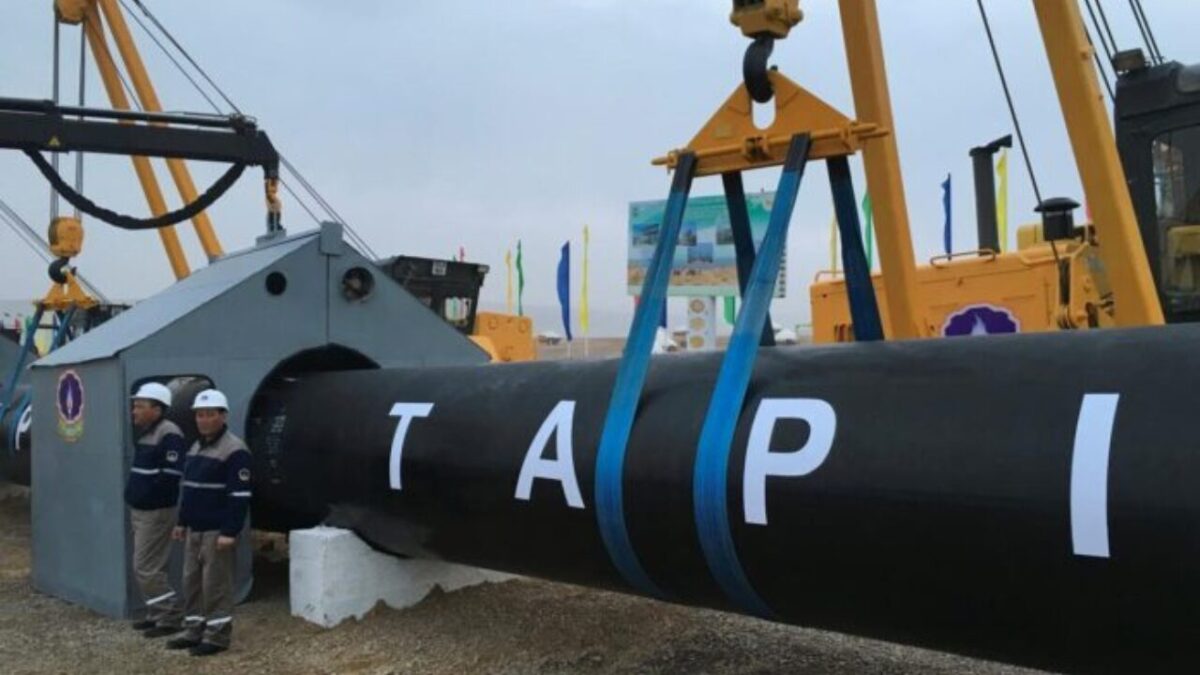,Rashid Meredov, Turkmenistan’s foreign minister, in a meeting with Taliban foreign minister Amir Khan Muttaqi near the shared border between the two countries discussed efforts to expedite work on the TAPI gas pipeline project within Afghanistan.
Taliban-run foreign ministry said in a statement said key topics of discussion included the pace of work on TAPI, the installation of fiber optic cables, railway expansion, transportation logistics, and visa facilitation.
“The two sides agreed to continue technical meetings in Kabul and Ashgabat to expedite work on TAPI, rail development, electricity, transport services, visa issuance, and broader economic cooperation,” the statement said.
Despite these talks, questions remain about the feasibility of fully implementing the TAPI project in Afghanistan, given the country’s ongoing political and economic challenges.
TAPI—an acronym for Turkmenistan, Afghanistan, Pakistan, and India—is a $10 billion project aimed at transporting natural gas from Turkmenistan to Pakistan and India via Afghanistan. For more than three decades, the project has faced delays due to regional security threats and geopolitical concerns.
While the Taliban claim that work on the Afghan section of TAPI has “practically” begun, experts remain skeptical. Some analysts believe the project is unlikely to move beyond the planning stages, citing political instability and the lack of progress since the project was first proposed.
The pipeline is designed to span 1,814 kilometers, with 816 kilometers passing through Afghanistan. It is projected to have the capacity to transport 33 billion cubic meters of natural gas annually.
Construction of the Afghanistan segment of the pipeline began in 2018 but has seen no substantial progress since then. Analysts have pointed out that without India’s active participation, the strategic and economic significance of the project is diminished.
The TAPI pipeline has long been regarded as a potential economic lifeline for Afghanistan, but whether it can overcome the region’s security and political hurdles remains uncertain. For now, the project’s completion remains a distant aspiration.



